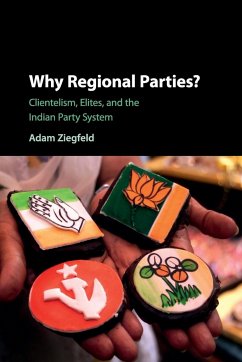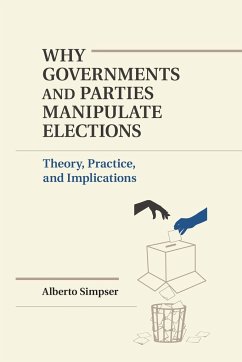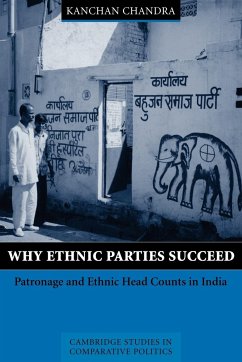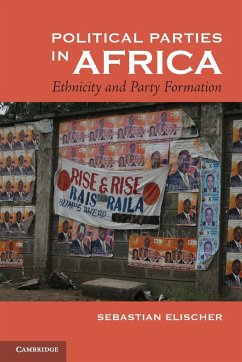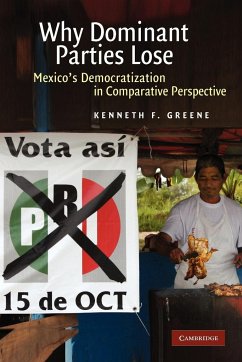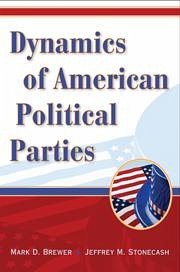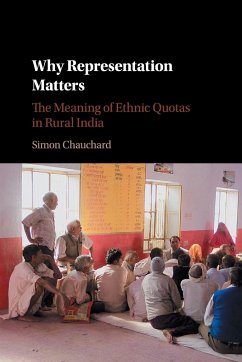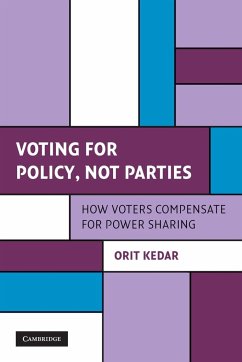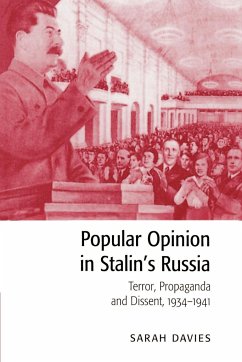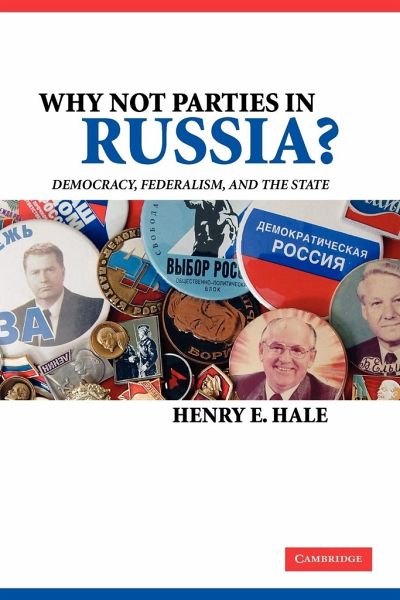
Why Not Parties in Russia?
Democracy, Federalism, and the State
Versandkostenfrei!
Versandfertig in 1-2 Wochen
42,99 €
inkl. MwSt.
Weitere Ausgaben:

PAYBACK Punkte
21 °P sammeln!
Russia poses a major puzzle for theorists of party development. Whereas virtually every classic work takes political parties to be inevitable and essential to democracy, Russia has been dominated by non-partisan politicians ever since communism collapsed. This book mobilizes public opinion surveys, interviews with leading Russian politicians, careful tracking of multiple campaigns, and analysis of national and regional voting patterns to show why Russia stands out. Russia's historically influenced combination of federalism and super-presidentialism, coupled with a post-communist redistribution...
Russia poses a major puzzle for theorists of party development. Whereas virtually every classic work takes political parties to be inevitable and essential to democracy, Russia has been dominated by non-partisan politicians ever since communism collapsed. This book mobilizes public opinion surveys, interviews with leading Russian politicians, careful tracking of multiple campaigns, and analysis of national and regional voting patterns to show why Russia stands out. Russia's historically influenced combination of federalism and super-presidentialism, coupled with a post-communist redistribution of resources to regional political machines and oligarchic financial-industrial groups, produced and sustained powerful party-substitutes that have largely squeezed Russia's real parties out, damaging Russia's democratic development.





